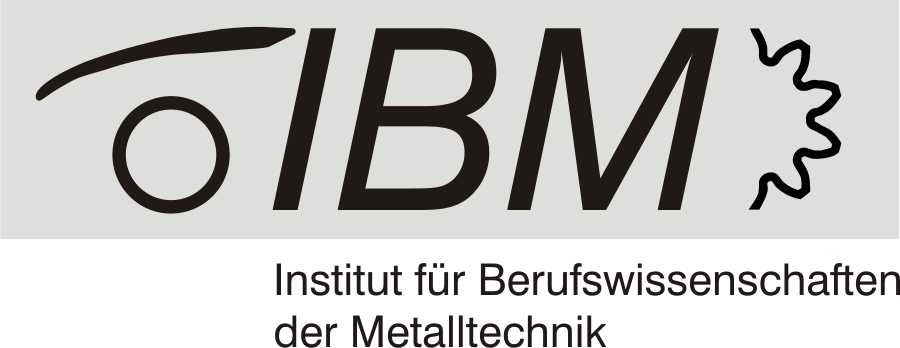Fields of research
-
Vocational training and development processes
Professional development processes of persons in the occupational fields of metal technology and vehicle technology are
- Subject of research and
- central subjects of study for students of the teaching profession at vocational schools.
Studies in vocational science reveal how competencies are developed during training and later in the course of a career (towards expertise) in order to draw conclusions for vocational pedagogical action and didactic concepts.
-
Objects and the change of skilled work and technology
What are the objects of professional work and how are they changing, as well as the related technology?
Working on and answering these questions form a basis for understanding the interrelationship between occupational work, technological development and job-related qualification. The developments of work and technology in industry and the skilled trades under the influence of societal changes and challenges such as digitalization or sustainability are the focus here. Changes in company organizational and personnel development as well as the design of vocational learning and teaching processes in schools and companies as well as in initial and continuing training are also included. Didactic answers and conceptions for vocational training institutions (companies and schools) can only be designed in a sustainable way if the actual state as well as the change not only of technology but also of normative principles, decisions and realized working and learning concepts are subjected to a far-reaching analysis.
-
Design of industrial-technical professions and the associated means of order
Occupations are "social constructs" that require design. The IBM accompanies and evaluates development processes of school and company curricula, occupational profiles and models for the training of vocational training personnel up to implementation concepts.
Questions of demarcation between occupations, assignment to occupational fields or groups and, above all, the content orientation (e.g. core occupations) and design (e.g. competence orientation) of occupations and means of classification are the subject of the research field.
Questions in these research fields are dealt with using occupational science research instruments, whereby the further development of research methods and organizational development related to qualification processes are to be understood as cross-sectional research fields. Qualification research and competence research are central research concerns in this context, which also affect basic research in particular.





